Property doyen Kevin Seymour parks opinion with some parts of sector ‘diabolical’
The veteran Queensland property developer will wait and see what effects COVID-19 might have on the sector.
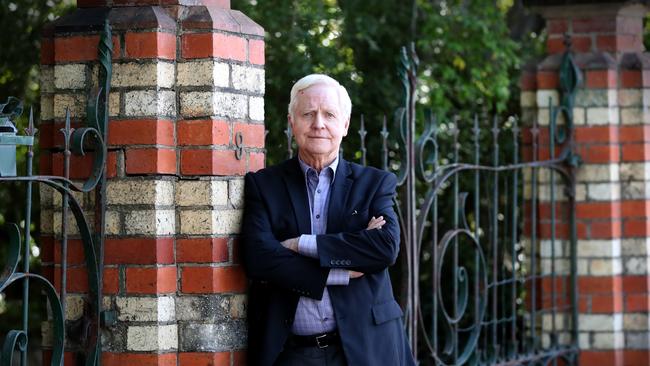
Kevin Seymour made his first fortune in carparking, but describes the current situation for that part of the property sector as “diabolical”.
The Queensland property doyen tells The Australian that his grave fears for office towers and car parks stem from a recent walk around the Brisbane CBD.
“It was pretty terrible. You’re seeing all these shops that are closed down and there’s not a lot of activity in the towers. The car parks are diabolical. You’re maybe operating at 60-80 per cent [down from capacity] at best.
“I don’t think you’re really going to see much change until they figure out how people will work in the future, and how many people will go back to the office. It all stems from that, the car parks in the city and so on.
Hard to predict
“It is really hard to predict what is going to happen. We really need to know what sort of shifts there will be in terms of how people work, and then what impact that will have on city buildings.”
Seymour says there are pockets of relative strength in the market, including industrial property. He says that segment of the market is holding up well and the outlook for warehouse and logistics facilities is reasonably good and rents are holding up.
“Retail is totally different, it is a bit of a basket case unfortunately,” Seymour says. “Those vacant shops are going to be a large issue for the landlords. I think half of those retailers are not going to be around on the other side of this [COVID-19].
“On the other hand, you talk to the cafe owners out in the suburbs and they are doing great business at the moment. They’ve got all those people who are working from home out there and so they’re operating at capacity, from all those people wanting to get out and have a coffee.”
Meanwhile, residential property is slow in some areas, and some parts of the tourism sector in Queensland are doing reasonably well too – though there is a disclaimer in that it is mostly catering to a domestic market, says Seymour.
“If you go anywhere 1.5 hours drive around Brisbane things are pretty full, the areas that people can drive to. But go further north and it is terrible. Places like Cairns where people have built hotels but they are closed.
Wait-and-see approach
“So I think overall you have to take a bit of a ‘wait-and-see’ approach if you’re investing in property. It is impossible to know what is going to happen. You can talk to 12 different people and get 12 different opinions at the moment.”
Seymour’s warning about the outlook for the property sector across many of its classes stems from a long and storied career in the sector.
A member of The List – Australia’s Richest 250, Seymour started his career in property with his late father Bill and built the Kings Parking group into Brisbane’s biggest provider of parking services.
Seymour would use the parking profits to seed early commercial and residential developments, including some of Brisbane’s first major apartment projects, that built the foundations of his Seymour Group, now one of Australia’s biggest private property groups.
He has undertaken dozens of residential, commercial, retail and industrial projects in Queensland in more than four decades in business.
Seymour’s family is also involved in property. His daughter Leigh Seymour has built a significant portfolio of carparking investments, while three of his grandchildren are combining to develop the $100m residential project The Oxlade in Brisbane’s New Farm.
Seymour has also long been a significant investor in listed shares, and once even established his own funds management business before the global financial crisis.
While he has had great success over the years with many of his equity holdings, Seymour admits the past 12 months have been a different story. “I sold out before the recovery so it hasn’t been a great year.”
His shares in Ariadne Australia, an investment company with carparking assets, have fallen about one-third since January 1, while his holding in online lottery ticket reseller Jumbo Interactive has fallen about 20 per cent in the same time.



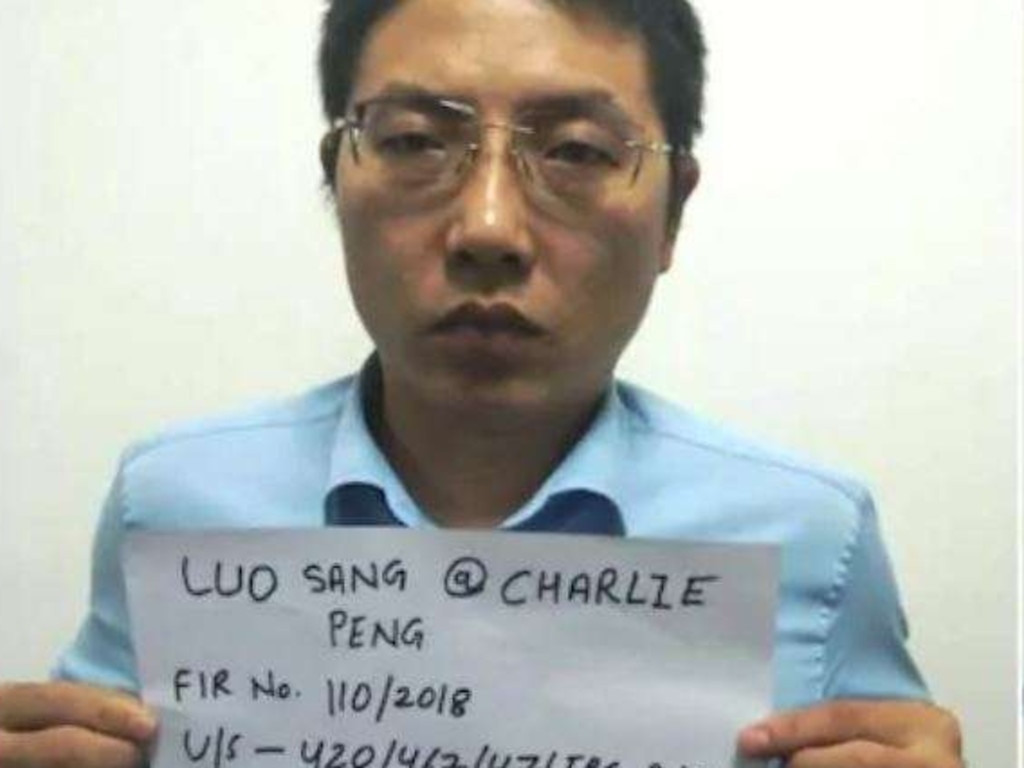

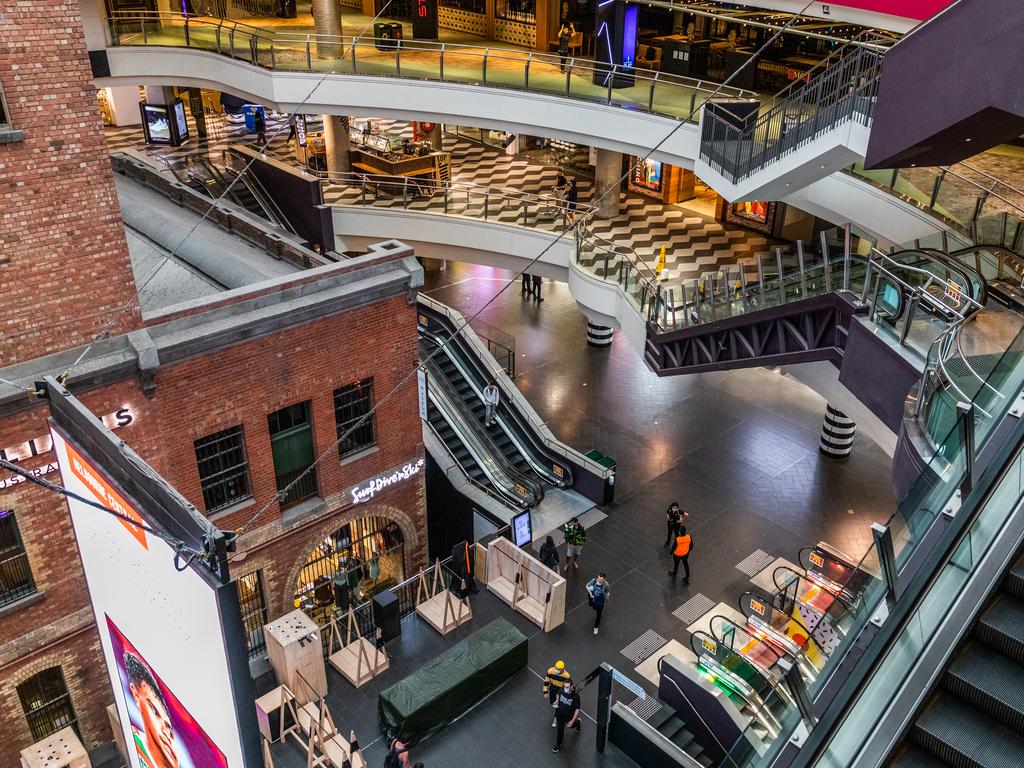
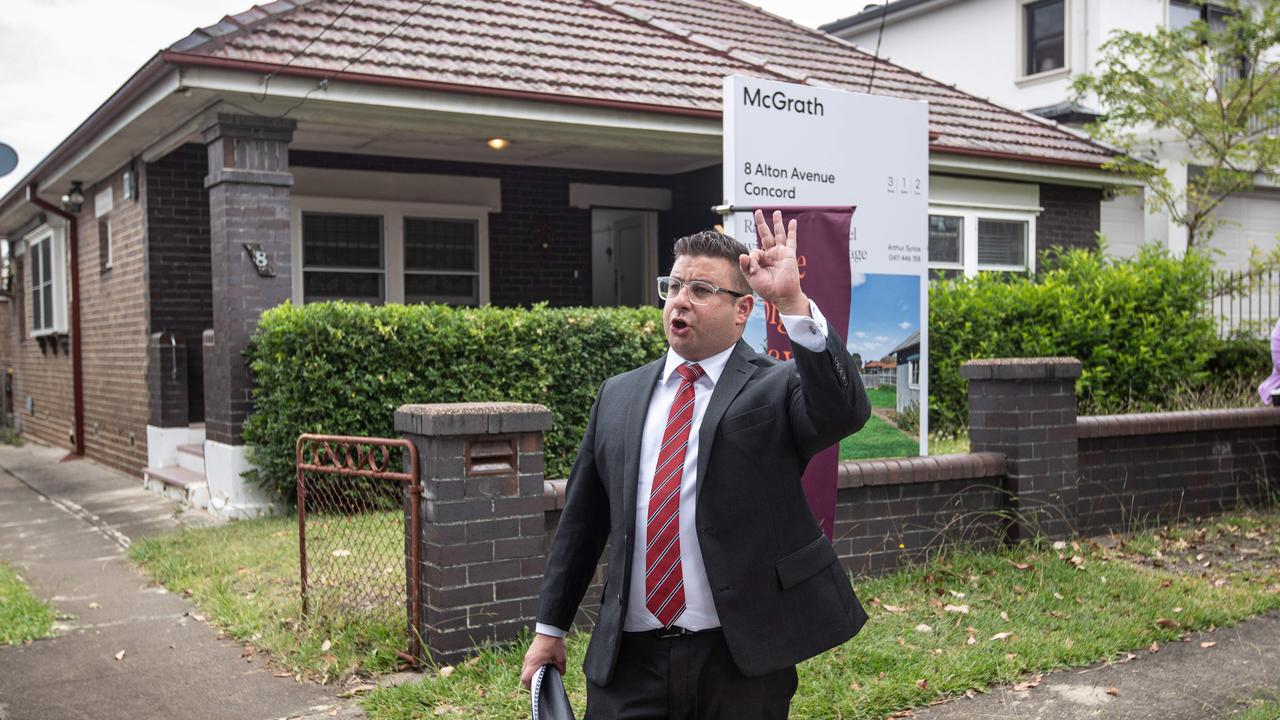
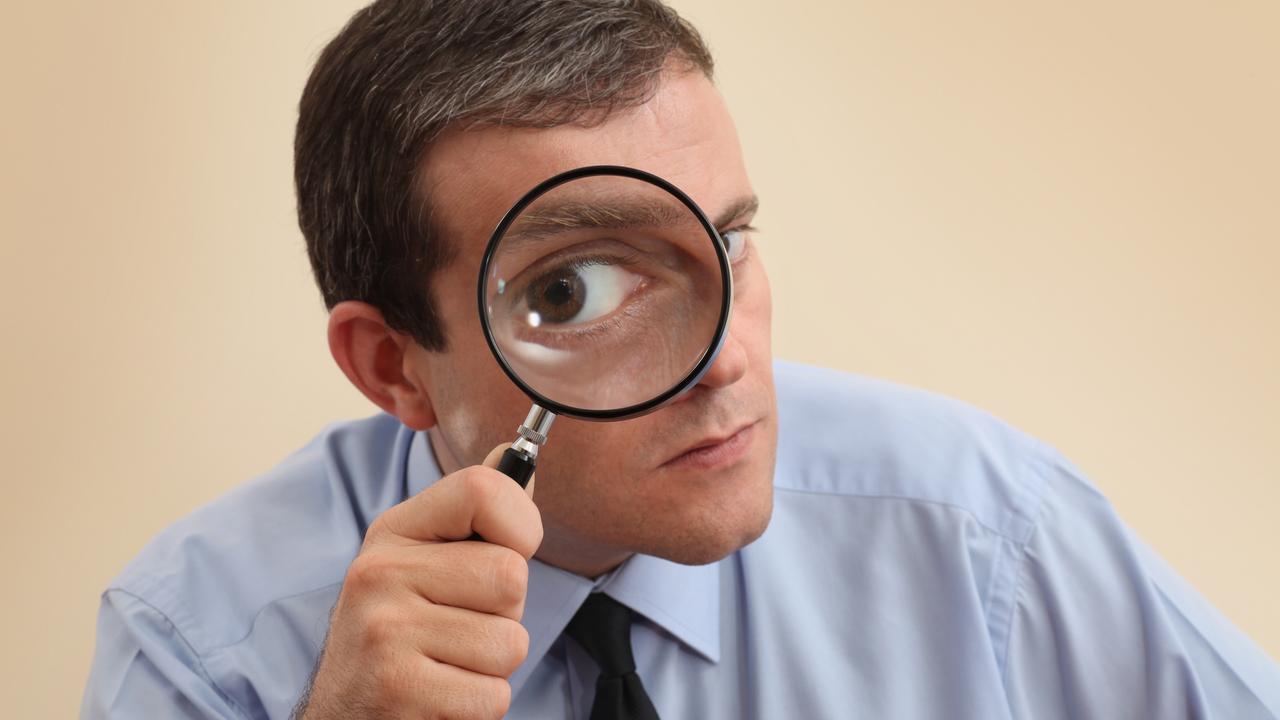
To join the conversation, please log in. Don't have an account? Register
Join the conversation, you are commenting as Logout